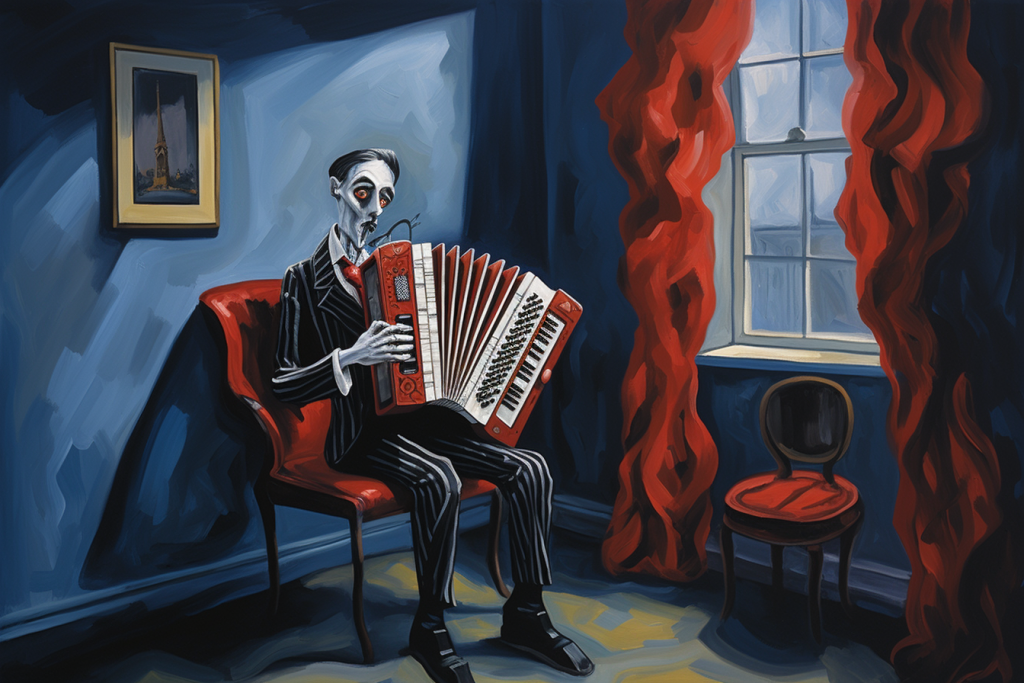(See the Same Way reviewed with Pete and Manny)
Once again, I may have to be a little careful on the specific content of See the Same Way. I’m not too sure if Hornsby is referring to actual events that may have happened, and I apologise if I’ve missed a point. However, as I have stated in previous lyric interpretations, the location of actual events that may or may not have happened is not the most important issue
Here are two songs which have two different styles, yet make a similar, pervasive point about the human condition, which is not restricted to any one time or place. See the Same Way is a song using serious examples: (V1:a girl contrasting two toy dolls, one black, one white; V2: a courtroom episode; V3: the life and works of Jesus Christ; V4: not sure – possibly a queue for welfare money? V5: A young soldier in (ultimately futile) training for the “promised war”).
It’s a song all about perceptions, and how one small situation can provoke many different perceptions – many of which are conditioned by political or social prejudice. In the chorus, Hornsby offers an open hand to us all, to “Talk about the difference / Find out what’s in the way / Open our eyes / See the same way”. We sure need more of Bruce’s warm-hearted views in Europe at the moment, where the tide of prejudice and hatred against an easy target – war refugees from Kosovo – is stirred by politicians and the media.
Pete and Manny makes a similar point, but in a totally different way. Here we have the classic scene of schoolyard banter towards those with a different interest or hobby from the rest. I’m sure that most of us, without question, can remember a similar situation. I know that I was guilty of it, but as a busking harpist I can sure tell you that I have been on the receiving end of mockery from “the lads” as well! On a more philosophical note, I love the chorus of Pete and Manny for two reasons:
“Round and round and round it goes, where it stops no one knows”
First, it’s a sort of warning shot for listeners who think they have got everything sorted. Don’t count on it. Moreover, someone who you have been mocking all this time may be much smarter than you think. Second, but more positively, if your down on your luck then things will soon come round again.
Carwyn Tywyn
From Bruce:
“That’s about me and my friends sitting around laughing at other people, when in the end we realize that, one, the joke’s on us, or two, they’re just doing what they need to do to get by.”

